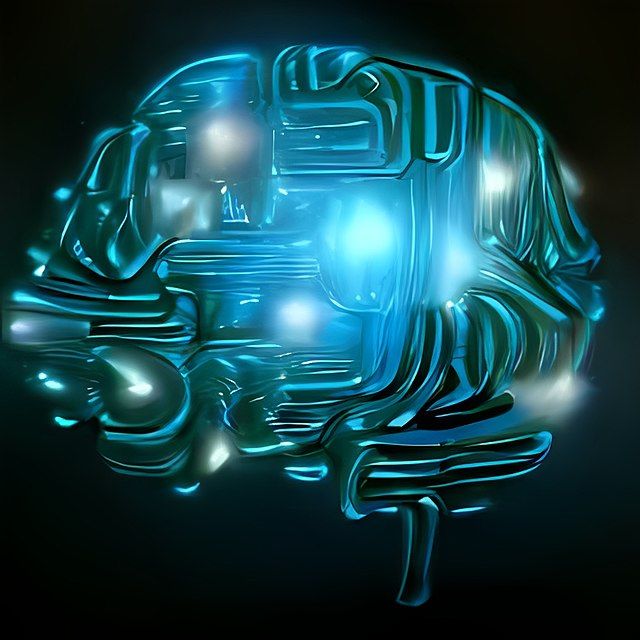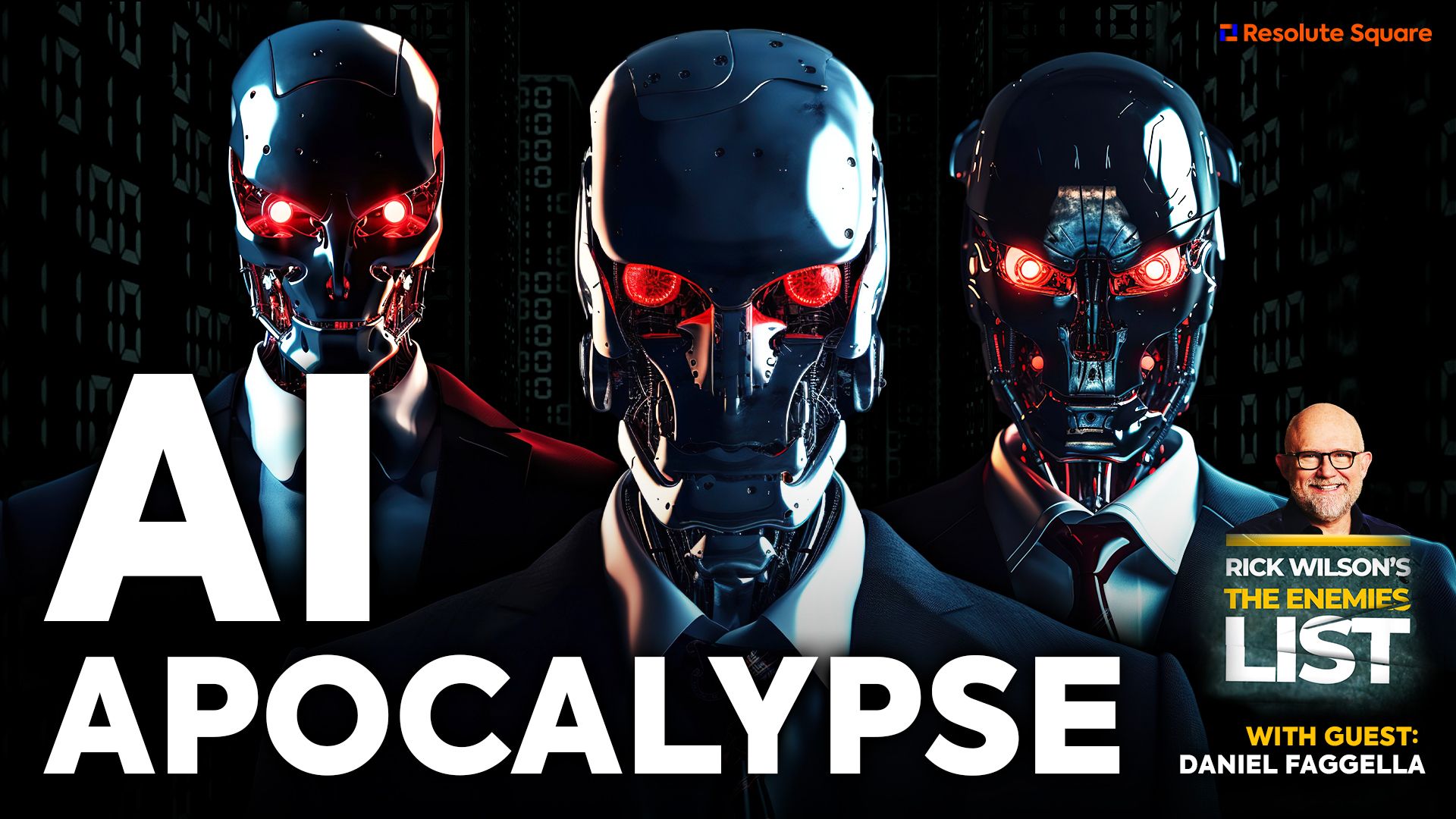By Gary Hart
A recent opinion essay on the subject of the day, artificial intelligence, contained this observation: “a technology that has the potential to shape the politics of this century in a way nuclear arms shaped the last one.”
Even those among us without scientific training are brought up short by such a comparison.
As if that analogy is not enough, yet another knowledgeable commentator wrote this following statement: “If someone builds a too-powerful AI under present conditions, every single member of the human species and all biological life on Earth dies shortly thereafter.”
Using the currently topical career of Robert Oppenheimer, the writer of this essay called the use of atomic bombs on Japan a forerunner of AI as a “crossroad that connects engineering and ethics.”
That should be obvious even to those of us who are not scientists or engineers. But, if so, where is the complex idea of ethics, or moral philosophy, in the emerging discussion?
I have been a philosophy student all my life, starting almost 70 years ago. And much of that study has involved complex ethical issues or what is often referred to as moral philosophy. Like most other non-scientists, I struggle to understand even the basics of AI. But my efforts to find the ethics crossroad have so far proved futile.
If serious thought and discussion about the ethics of AI, prompted by comparisons to nuclear weapons of the 20th century, are taking place, they have not made their way into the public forum or everyday political discourse.
There are philosophy departments in virtually all American universities, great and small. Are lectures being delivered and papers assigned on the ethical implications of AI? If so, why are they not appearing in the popular press?
Despite some current evidence to the contrary, most Americans are pretty thoughtful people and are particularly keen on right and wrong. In fact, most of us could grasp and discuss issues of right and wrong well before understanding the difference between GPT-4 and an algorithm.
The author of the opinion essay cited above argues for “a more intimate collaboration between the state (government) and the technology sector and a closer alignment of vision between the two.”
It is here argued to add a third partner, wise men and women steeped in the tradition of ethical thinking dated from Aristotle forward.
Unless I read American Prometheus too quickly, there was nothing like this at Los Alamos. But shouldn’t there have been?
After Hiroshima and Nagasaki, and after a bitter attack on his loyalty, Oppenheimer had serious second thoughts about what he had produced at Los Alamos.
If artificial intelligence is to the 21st century as nuclear weapons were to the 20th, it is not too soon to debate and discuss the ethical implications for mankind, for democratic governance, for right and wrong guardrails around this explosive and, yes, dangerous technology that seems to frighten even its most ardent engineers.
Aristotle associated ethics with virtue and distinguished between intellectual virtue and virtues of character. Virtue is not developed by technical skills. We cannot create virtuous machines. So, we must insist that those who create the machines are themselves virtuous and have the good of society in mind in their creation and operation.
It is argued here that, because of its as yet undefined power, AI has an ethical and moral component and must be operated within those dimensions by humans aware of that component.
The still unanswered questions about AI are innately philosophical. What is the nature of cognition? What is the nature of thought? Will AI develop the capability to make laws or render legal judgments? If so, based on what principles? Will AI have in the foreseeable future the ability to restrict or take away our democratic rights and freedoms?
America can and should take diplomatic leadership to prevent an AI arms race in coming months and years. To say “if we don’t do it, they (Russia, China, et. al.) will” is to invite international competition to be the first country to put its arsenals in the hands of GPT-10.
Then, AI will be controlling us instead of us controlling it.










